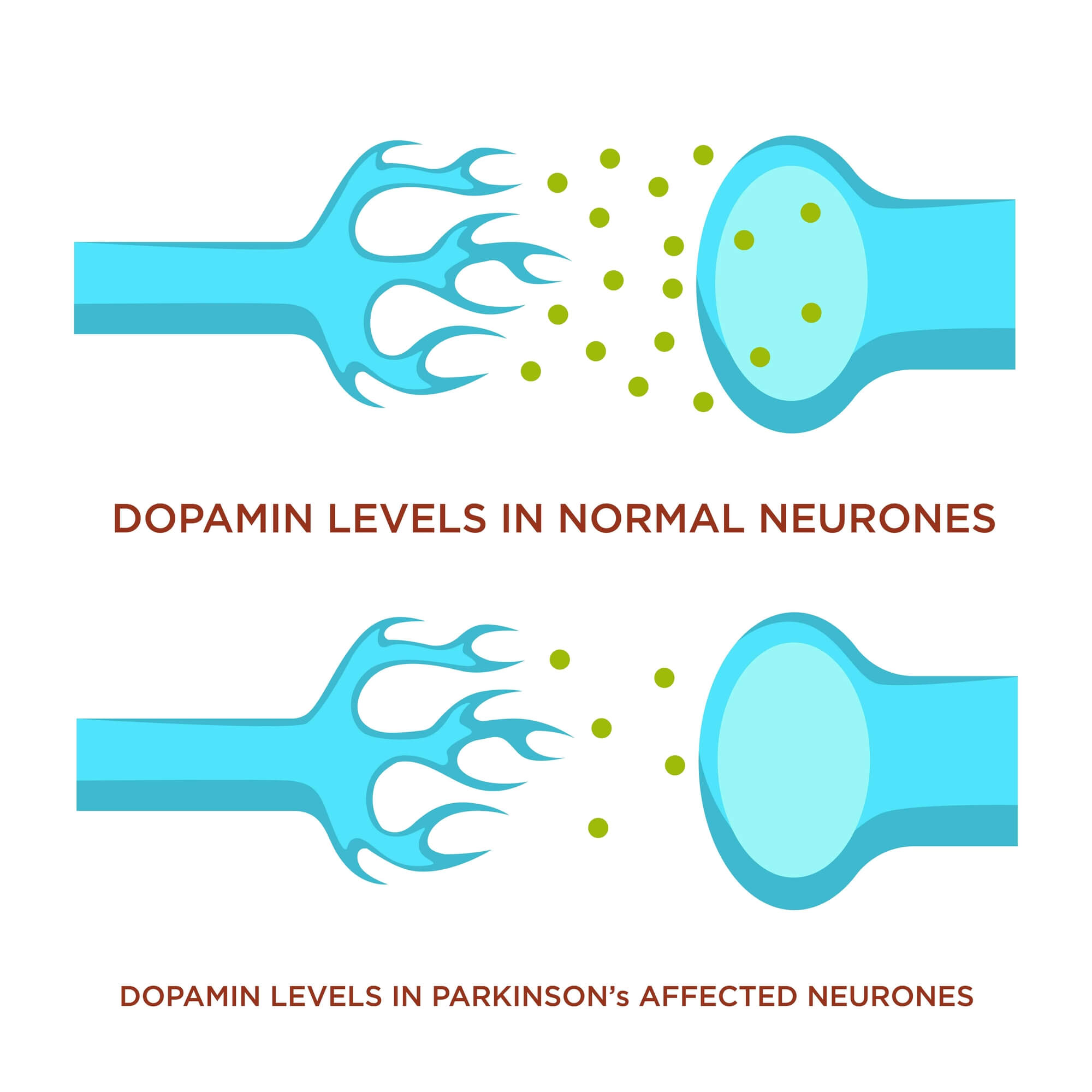Researchers at the Hebrew University and the Hadassah Medical Center have developed a method of anesthesia that will allow Parkinson's patients to undergo surgery that significantly alleviates the disease even in a state of confusion. Prof. Hagai Bergman: "This is a significant development for patients who, until today, most had to undergo brain surgery in an alert state"

Parkinson's disease is a common neurological disease in the elderly that primarily causes motor disorders. For about half a year, treatment of patients in an advanced stage is done through surgery to implant electrodes deep in the brain connected to a pacemaker (Deep Brain Stimulation). The surgery was performed on approximately 250 patients worldwide, and Israel even included it in the health basket. Today, most surgeries are performed without sedation while the patient is awake, because anesthesia or sleep lowers the intensity of brain activity. Low power may prevent the surgeon from placing the electrodes in the brain precisely because he is aided by the patient's reactions to the electrical stimulation. In other words, accurate placement of the electrodes in the brain significantly improves the results of the surgery.
A new Israeli study recently published in the international journal NPJ Parkinson's Disease From home Nature, Finds a new method that includes blurring in order to conduct a deep brain surgery without harming the accuracy of the navigation to the goal, thus alleviating the Parkinson's. The study was conducted by a team of researchers from the Hebrew University and the Hadassah Medical Center, led by Prof. Hagai Bergman. "It's not a painful operation, but being awake for several hours during brain surgery is not the experience most people want to experience. The new method we offer allows analysis in a blur and still get accurate results", emphasizes Prof. Bergman.
The team of researchers conducted experiments on laboratory animal models known to have a similar physiological structure to humans. The experiments were conducted in accordance with the rules for the treatment of laboratory animals, when recordings of brain activity were made under sedation and sleep naturally. The findings prove that in Parkinson's disease good results can be achieved for the purposes of deep brain surgery even in conditions of confusion. "This is a precedent finding because in most countries to date the surgeries have been performed under alert conditions and without obscuring substances", the researchers add. Moreover, if this fact is confirmed by future studies in patients, most Parkinson's patients will be able to undergo the surgery under anesthesia according to the new method, which will make it easier for the patients and guarantee accurate results that will significantly improve their lifestyle in dealing with the continuation of the disease.
For the scientific article: for scientific publication:https://rdcu.be/cq9Bk
